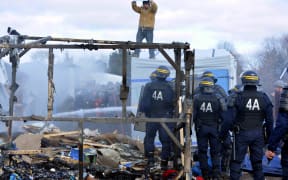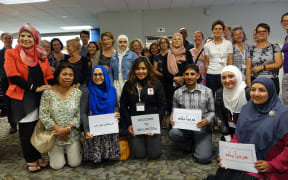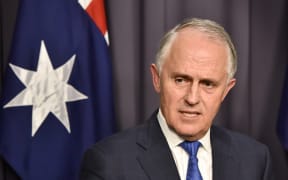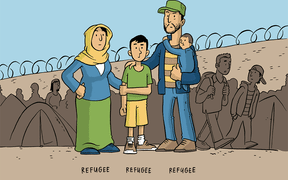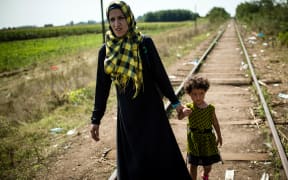The European Commission is planning a $1 billion (€700 million) emergency aid fund to help with the asylum seeker crisis in Greece and elsewhere.
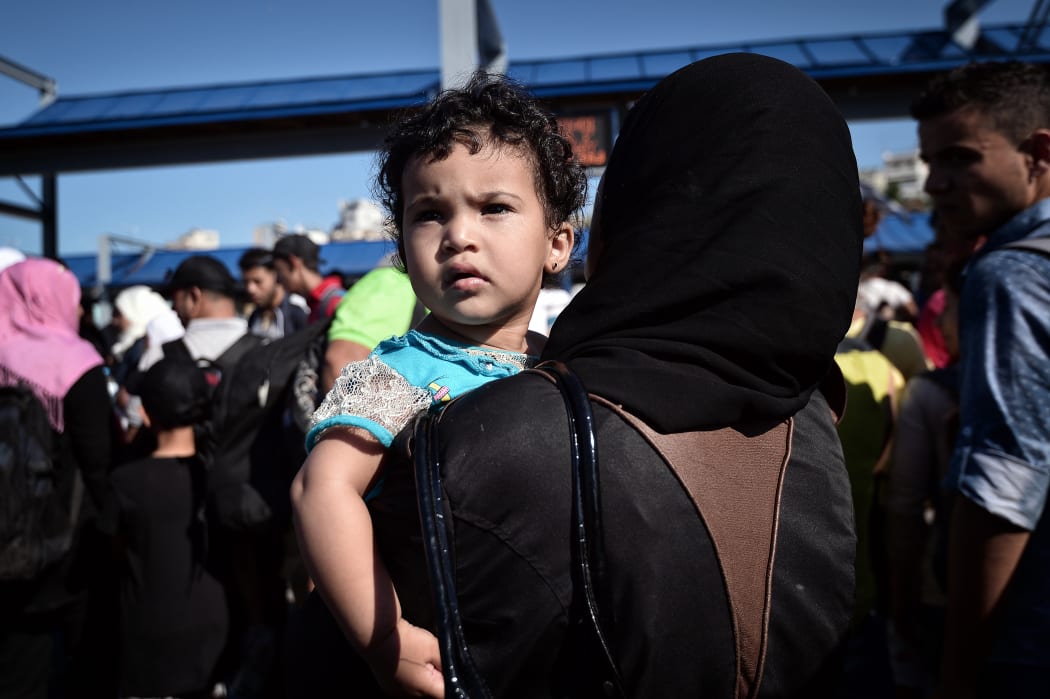
A Syrian child looks on after disembarking from a Greek government-chartered ferry taking refugees from smaller islands, including Leros, to Athens. Photo: AFP
New figures suggest last year's total of 1 million seaborne refugees and migrants arriving in Europe could be matched well before the end of the year. The huge influx has placed a strain on the resources of several countries.
European Commission humanitarian aid commissioner Christos Stylianides said it had adopted plans to disburse €700m of emergency humanitarian funding between 2016 and 2018.
Under the plan, which still needs approval by the European Council and Parliament:
- EU aid agencies would for the first time work directly with the UN and other groups inside Europe, using monies usually allocated to emergencies outside its borders
- €300m would be spent this year, and €200m each the following two years, to help any EU state deal with the migration crisis
Today the College of Commissioners adopted my proposal for emergency support for humanitarian needs inside the EU pic.twitter.com/dij762yFcY
— Christos Stylianides (@StylianidesEU) March 2, 2016
The International Organisation for Migration said nearly 129,500 refugees and migrants had arrived by sea so far in 2016, plus another 1545 by land. It said 418 had drowned or were missing.
The crisis has caused tensions to surge, with Greece struggling to cope with the influx and the European Commission criticising Macedonia for using tear gas on a crowd of new arrivals earlier in the week.
"The scenes we just saw are not our idea of managing the crisis," another commission spokesman, Margaritis Schinas, said.
Greece has asked the European Commission for nearly €500m in assistance to help care for 100,000 asylum seekers. "We cannot bear the strain of all the refugees coming here," government spokeswoman Olga Gerovassili was quoted as saying.
On Wednesday, Macedonia allowed only about 200 Syrian and Iraqi refugees to cross - leaving thousands still stuck on the Greek side of the border.
Despite commitments to relocate 66,400 refugees from Greece, EU member states have so far pledged just 1539 spaces and only 325 people have actually been relocated, Reuters quoted a UN refugee agency spokesperson as saying.
In France, the demolition of part of a refugee camp in Calais continues - in what the government has termed a humanitarian operation but which critics have said will just leave hundreds of desperate migrants without shelter in winter.
A volunteer with an aid organisation in the camp told the BBC that children were in danger in the camp, saying that she had spoken to children who had been raped and who were carrying out sex work.
Russia and Syria 'weaponising' migration
Meanwhile, a senior NATO commander in Europe has accused Russia and Syria of deliberately using migration as an aggressive strategy towards Europe.
General Philip Breedlove, who is the head of the US European Command and NATO's Supreme Allied Commander Europe, told a US senate committee that the crisis was allowing Russia to use non-military means to destabilise and undermine the continent.
He said Russia and Syrian leader Bashar al-Assad were "deliberately weaponising migration in an attempt to overwhelm European structures and break European resolve".
He cited the use of barrel bombs - unguided weapons - against civilians in Syria. The only purpose of these indiscriminate attacks was to terrorise Syrian citizens and "get them on the road" to create problems for other countries, Gen Breedlove said.
He also suggested that criminals, extremists and fighters were hiding in the flow of refugees and migrants.
-BBC/RNZ
